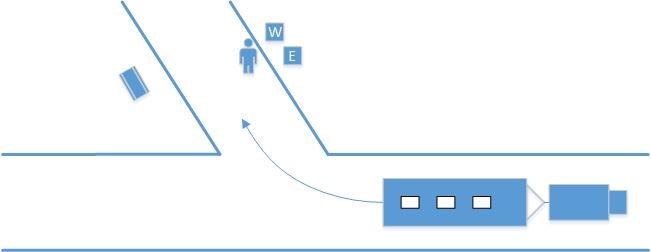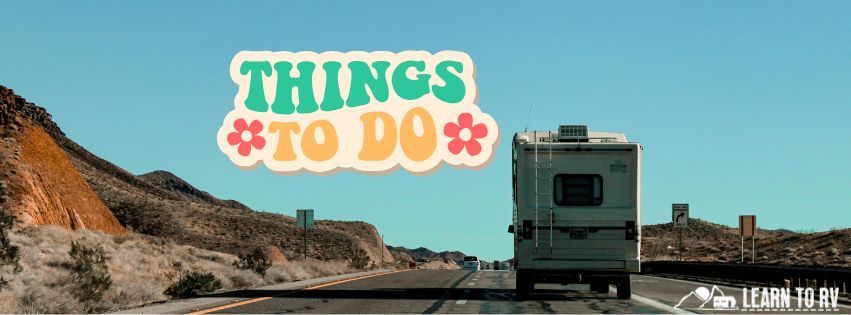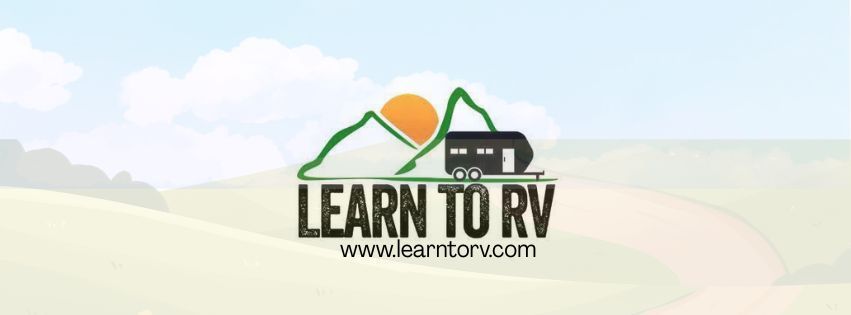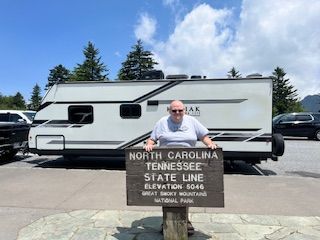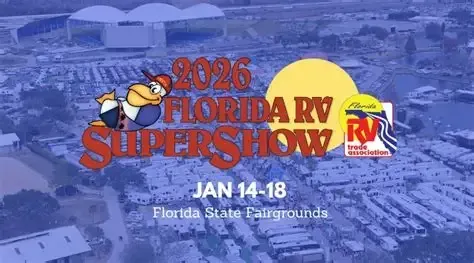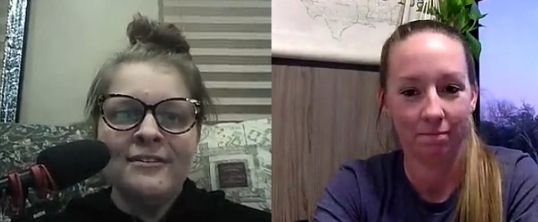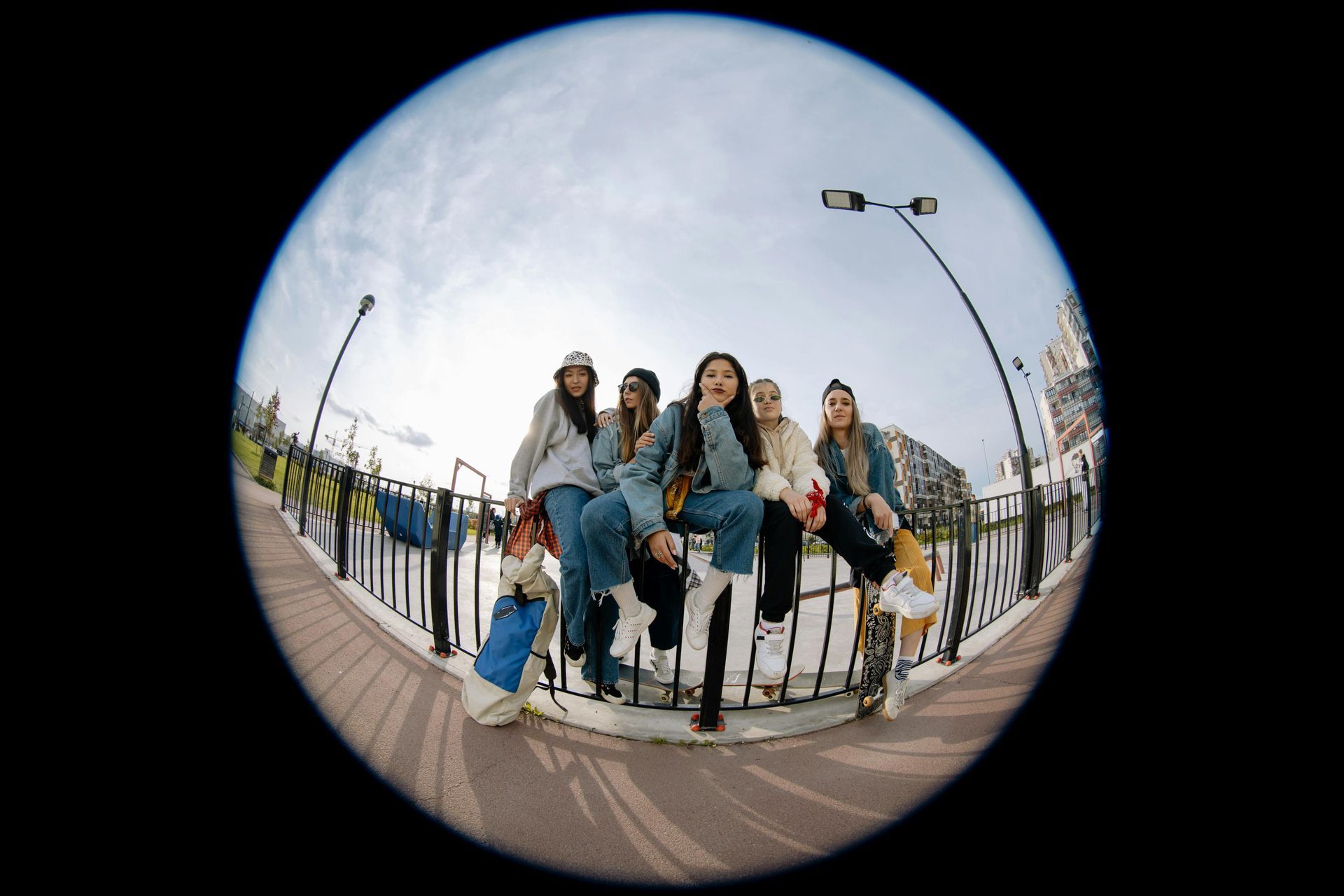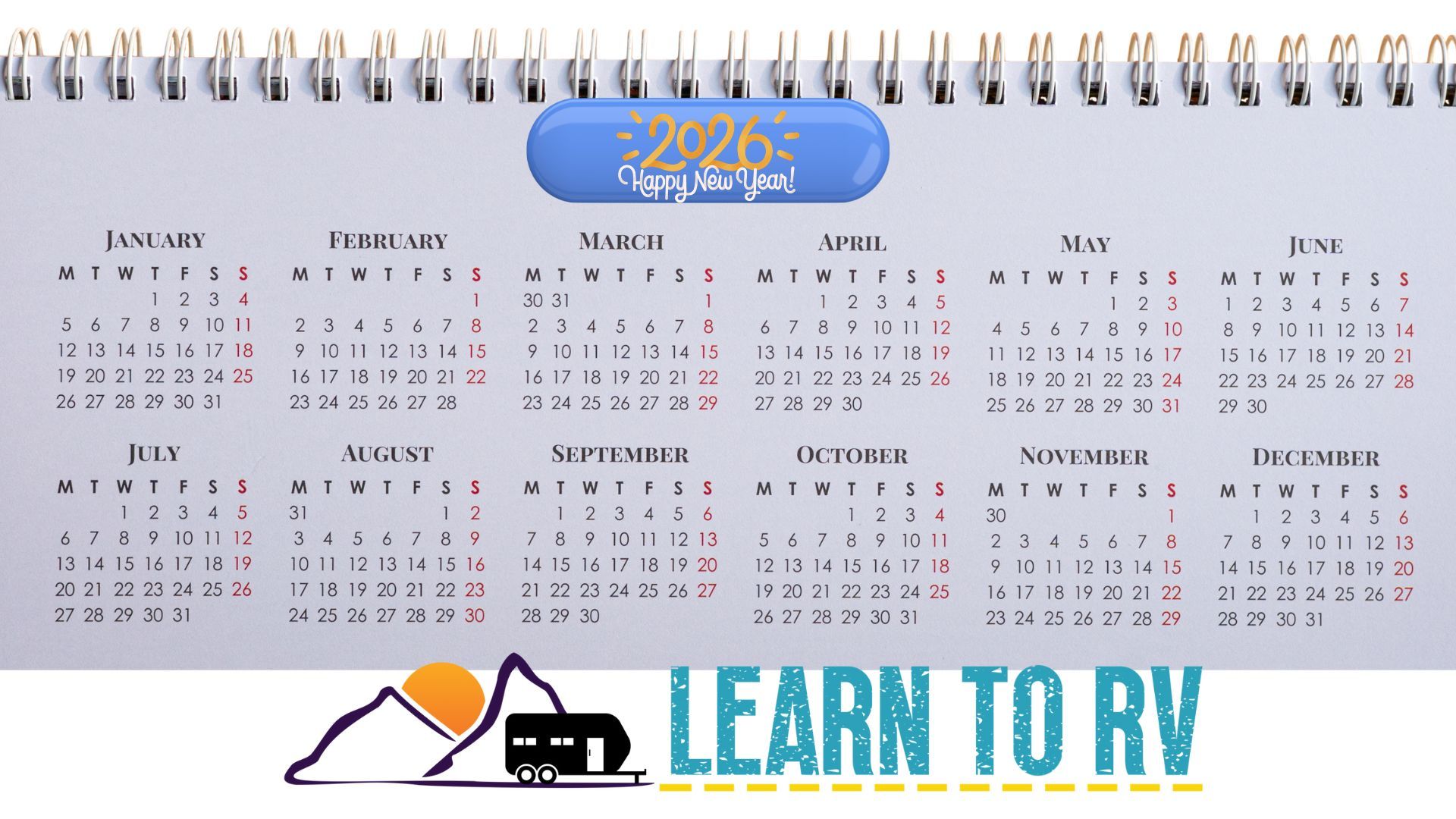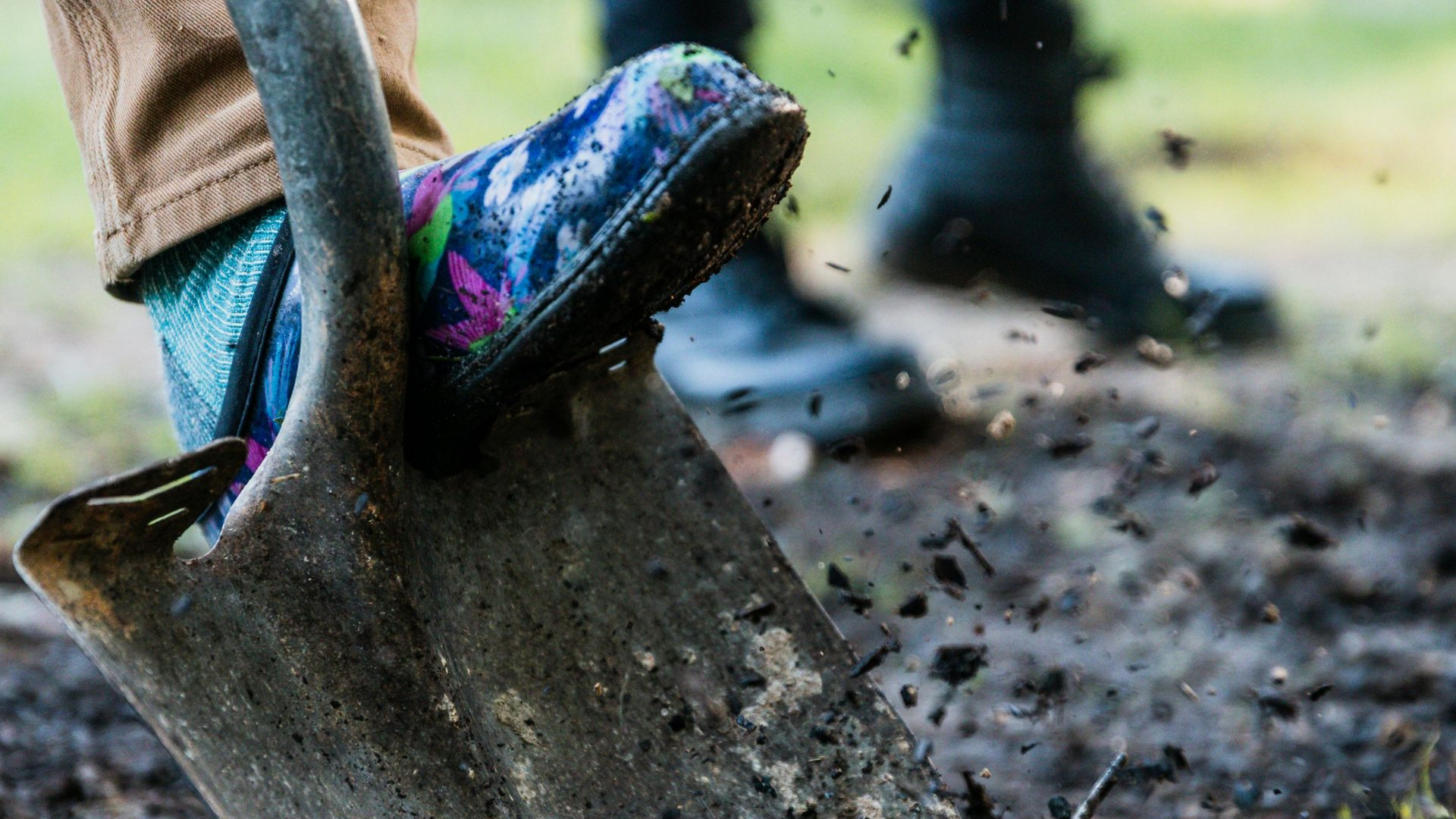Tips and Tricks to Backing Up
Doug S • April 12, 2025
I think the most daunting task for most RVers is the idea of backing their camper into a site. Sure, there are the few who proudly proclaim that it doesn’t bother them. But, for the rest of us, I’m betting simply the thought of it is a bit anxiety provoking.
I try to walk through the roles and responsibilities for each participant in backing up a camper- the driver, the spotter, the friend, and the random campground neighbor. Please comment and let me know what else you would tell someone who is just getting comfortable/learning to back a trailer.
As The Driver
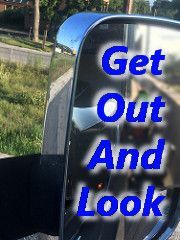 As the driver, you ultimately are responsible for making sure that you don’t hit anything. Adopt the philosophy of G.O.A.L. (Get Out And Look).
Even on pull-thru campsites, I’ll stop near it and my wife and I walk it together. We discuss where the camper should end up (watch slides + obstructions; look to see if the table needs to be moved; etc.). During the parking process, I generally end up in and out of the truck up 2, 3, 4, or sometimes even more times.
As the driver, you ultimately are responsible for making sure that you don’t hit anything. Adopt the philosophy of G.O.A.L. (Get Out And Look).
Even on pull-thru campsites, I’ll stop near it and my wife and I walk it together. We discuss where the camper should end up (watch slides + obstructions; look to see if the table needs to be moved; etc.). During the parking process, I generally end up in and out of the truck up 2, 3, 4, or sometimes even more times.
When possible, line up so that you’re backing to the driver’s side. I know mirrors work both ways, but I find being able to see the inside of my camper makes it easier.
Take it slow! Seriously, go slower than you need. That person sitting in the road behind you can wait. They’ve backed something up and should understand that it takes time.
I personally like to keep my hands on the bottom of the steering wheel. Whichever way you want the back of the trailer to go, raise that hand. This saves me from having to remember that the trailer reacts in reverse from what you do. While backing, make regular small corrections instead of big ones.
Only listen to a spotter that you trust. Cell phone to cell phone helps keep “extra help” away; people get the hint that I only listen to what is coming from my phone’s speaker.
Don’t be afraid to ask people to move their vehicles or to take someone up on their offer to move theirs. More times than not, they’re happy to do it. And one less worry for you + them is welcomed!
Remain calm. Spotter isn’t giving you directions you understand? GOAL & talk to them about what would help (for instance, we never use right vs. left; we use driver’s side vs. passenger side). Not understanding their crazy hand signals? GOAL & talk to them about what they mean. Hit something? STOP, G.O.A.L., and make a plan of attack. Yelling doesn’t change what happened- it’s time to figure out what’s next. That said, to calm my nerves- I’ve literally pulled out of the parking spot, drove around the campground loop, and started completely over.
And lastly, before you head to a campground- remember, practice makes perfect. Using red Solo cups and some water, you can make any kind of campground layout in an empty parking lot. Because they’re disposable cups, it’s low cost and you can do it with no fear of damaging something if/when you drive over one.
As the Spotter
Your job is also to make sure that the rig doesn’t hit anything. Make sure you’re also looking up; I can’t tell you the number of time we’ve ducked under trees that maybe we shouldn’t have.
Your role really depends on your relationship with the driver. For my wife and me, she’s “driving” the back of the camper to its destination- she’s telling me which way to take the backend to get it into position. Some couples prefer that the spotter simply alerts the driver to danger and/or impending damage.
Many people will say that you should be constantly visible to the driver. Overall, I do agree with that. However, my wife and I break that rule pretty often – because I want a constant stream of talking out of her even if it’s repeating each thing until she’s ready for it to change (“keep coming back, back, back, back, a little further, back, and now stop”). Generally, if she’s not talking, I’m not moving.
You should also encourage your driver to regularly G.O.A.L. Have them come back to you while you talk about what has to happen next.
Remain calm. Is the driver not understanding what you’re laying down? Tell them to stop, G.O.A.L., and walk through what you’re envisioning. Feel like it isn’t going well? Tell the drive to stop and that you need a minute to decompress. I hate hearing stories of husband/wives yelling and bickering; camping & RVing is meant to be relaxing and enjoyable.
As a Friend
Know your place. As I mentioned above, early on, well intention-ed friends would push my wife out of her job of being my spotter. We needed that time to learn each other and develop a process. OR- your friend may want the help. Just know which it is. ( smile )
As a side note, I know you mean to be helpful, but please don’t help me unhitch . Most likely, you’ll throw my order of steps off and I may make a mistake.
Ask what you can do? If the answer is nothing, back off and don’t take it personally- most of the time, we have a plan and system that works for us.
As a Casual Spectator/Neighbor
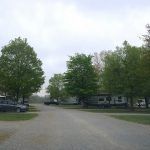
If you see someone having a hard time and think you can help, make a friendly offer – just know, they’re likely frustrated, mad, and stressed by this point. Cut them some slack if they’re cross.
Please don’t come out onto the road to watch. Heck, please don’t even sit at your site and stare. I know the old adage is that it is great fun, but I’ve never been a fan.

